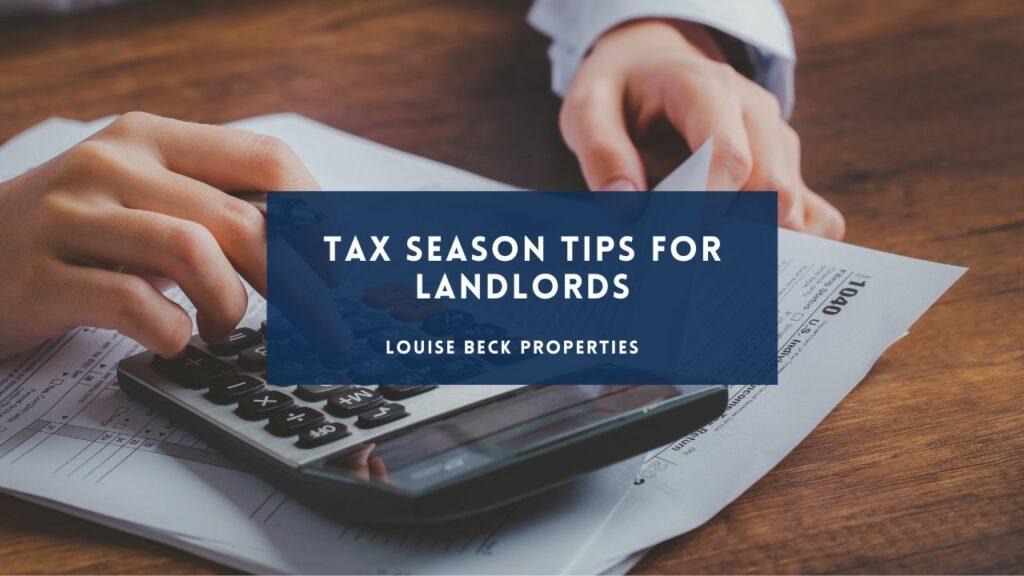How to Film a Great Video Tour of Your Rental

Key Takeaways Well-made rental videos act as a 24/7 virtual showing, helping tenants screen properties remotely and reducing wasted time for landlords. This leads to fewer no-shows, shorter vacancies, and higher-quality leads. A strong video tour requires preparation. Clear audio, simple staging, and a strong introduction significantly elevate the final product. Today’s renters expect fast, […]
How to Minimize Vacancy Rates in Your Rental Properties

Key Takeaways Reducing vacancies protects your rental income and increases long-term property value. The three most effective strategies are tenant retention, rigorous screening, and strong marketing. Consistent communication and proactive management are key to keeping your units occupied year-round. Vacancy in a rental property isn’t just a temporary loss of income; it’s an ongoing drain […]
Things Landlords Should Be Doing Every Year But Probably Aren’t

Key Takeaways Landlords should review lease agreements and insurance policies annually to ensure compliance with North Carolina laws and adequate coverage. This helps avoid legal issues and ensure policies reflect current property values and risks. Conducting yearly property inspections, testing safety devices, and scheduling preventive maintenance protect both residents and the property’s long-term value. These […]
How to Be a Long-Distance Landlord

Key Takeaways Strategic Systems and Partnerships are Essential for Long-Distance Property Success – Managing a rental property from afar introduces challenges such as delayed maintenance, weaker tenant relationships, and local compliance risks. Successful landlords overcome these by using technology, hiring reliable property management companies, and building a strong network of local professionals. Long-Distance Ownership Offers […]
Tax Season Tips for Landlords

Key Takeaways Understanding tax deductions is key to maximizing rental profits – Many landlords miss out on valuable savings because they’re unaware of which expenses qualify for deductions or fail to maintain the proper documentation. Knowing how deductions work can significantly reduce tax liabilities and increase net income. A wide range of rental expenses are […]





